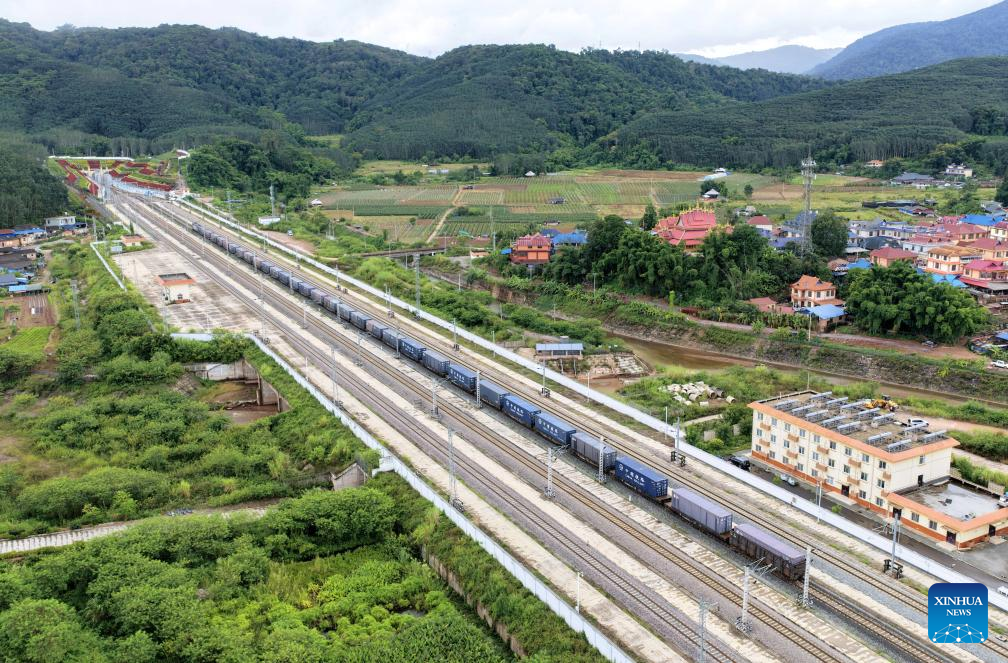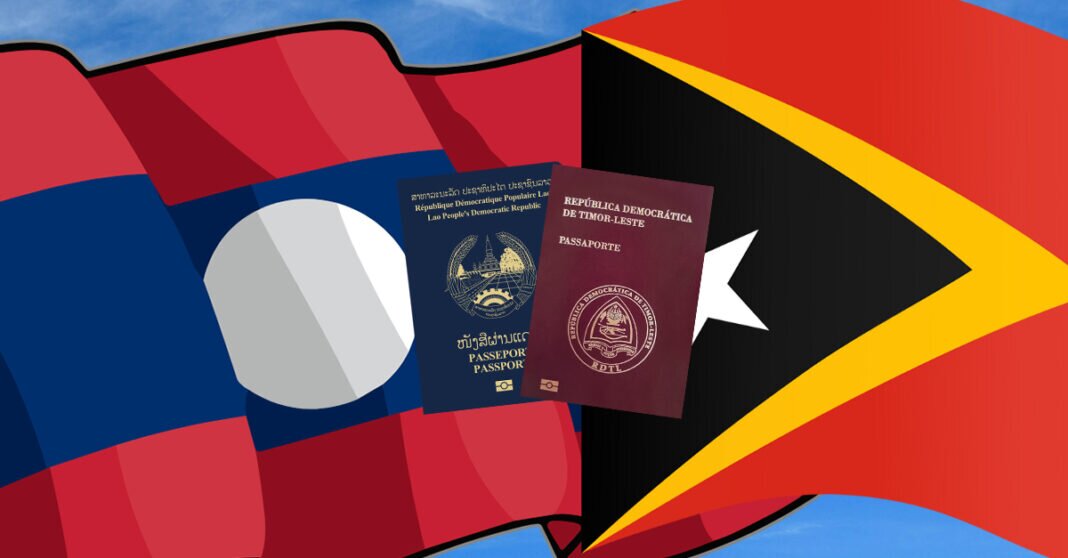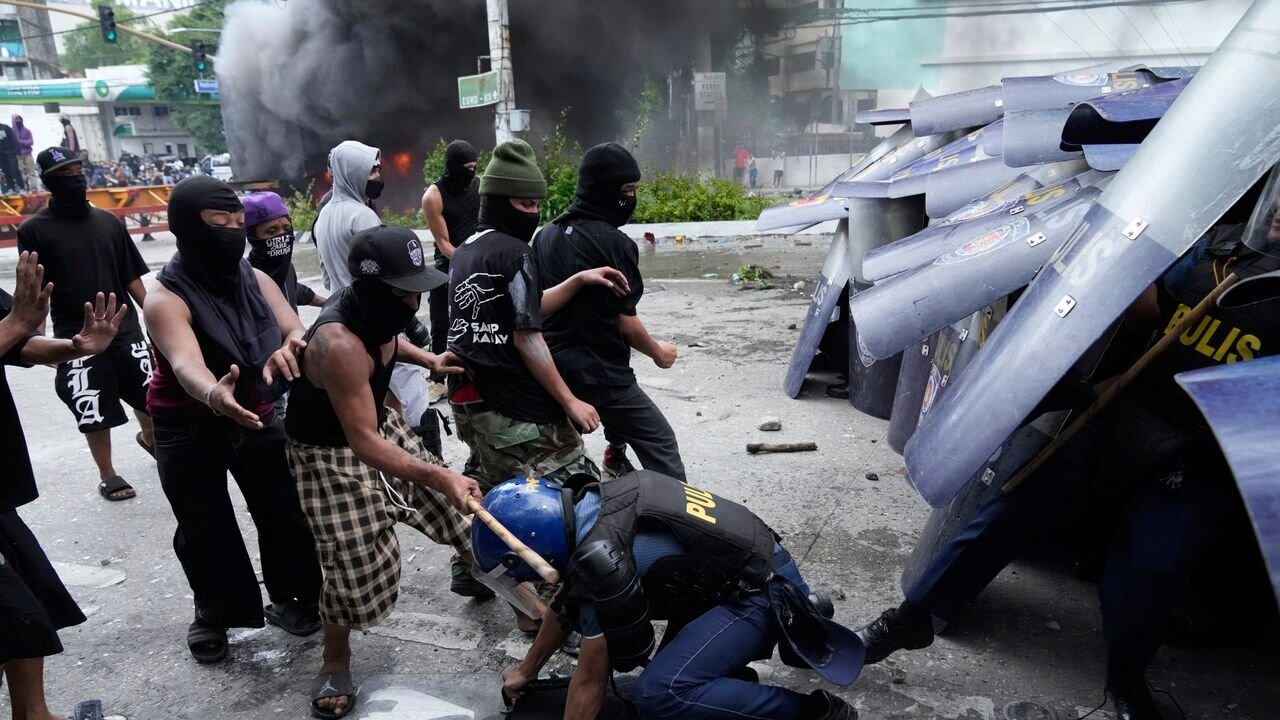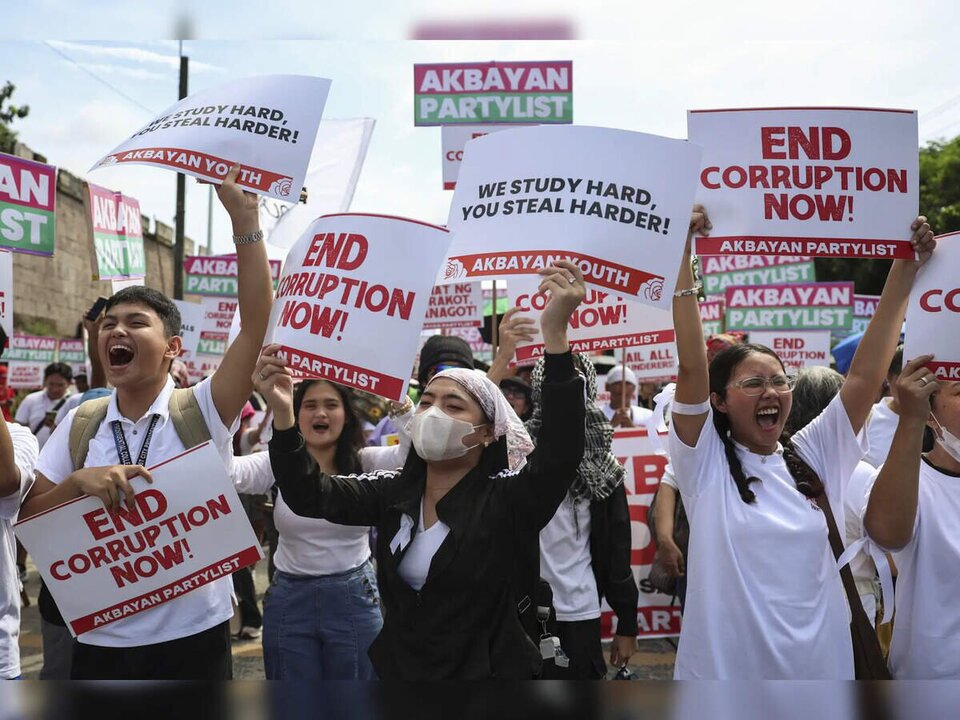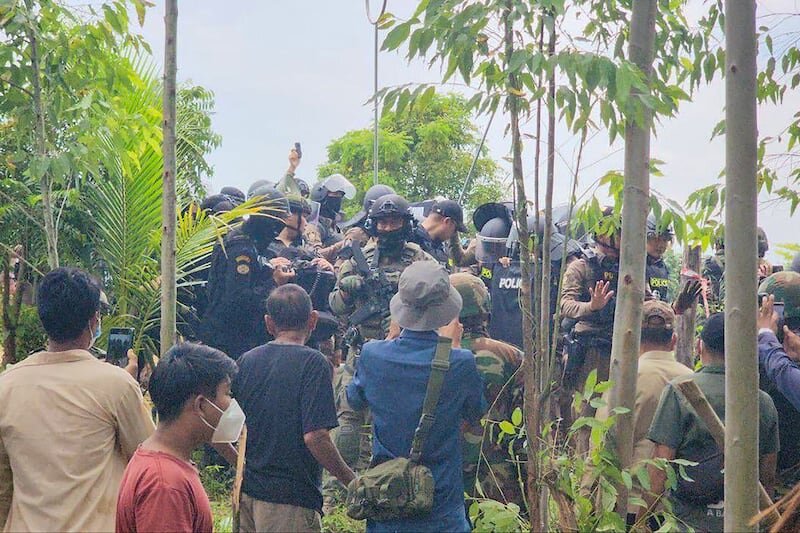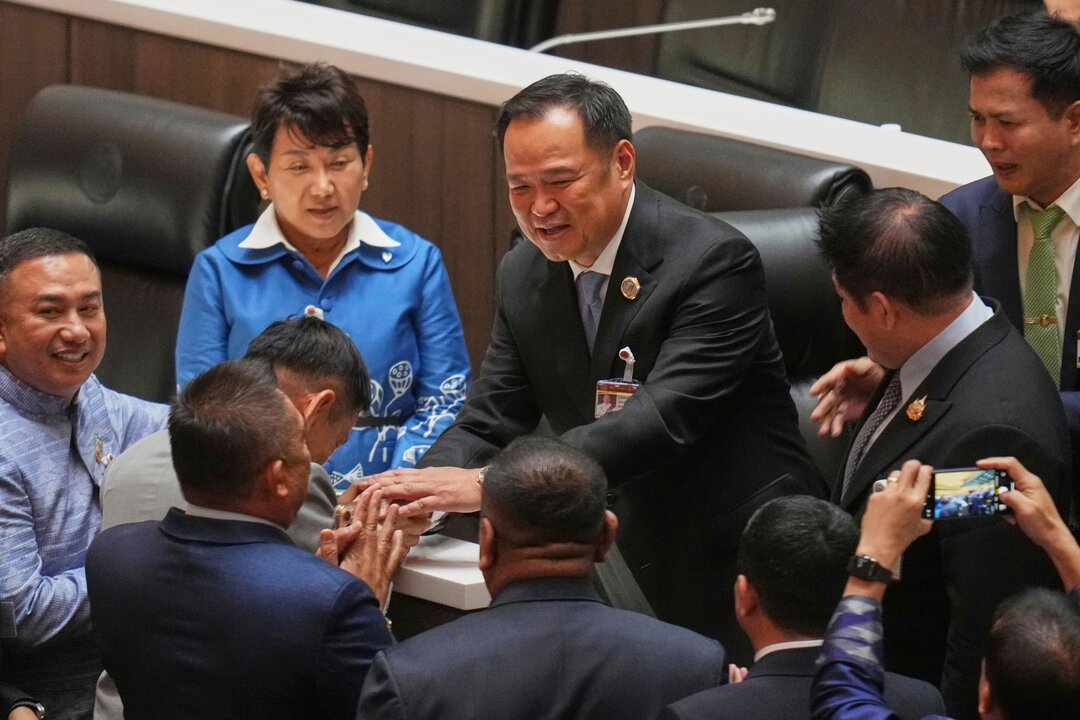Constitutional Court finds no procedural flaws in law allowing military to take on civilian functions; critics warn of creeping authoritarian return under Prabowo
Indonesia’s Constitutional Court ruled on Wednesday that recent amendments to the country’s military law were passed following acceptable legislative process, rejecting five petitions challenging the revision.
The amendments allow the armed forces to assume wider roles in civilian sectors under President Prabowo Subianto.
The contested revisions, passed in March, permit military personnel to head roles in agencies such as agriculture, public health, and food procurement, deploy army battalions for civilian tasks, establish labs for medicine manufacturing, and run free school lunch distribution programmes.
The Defence Ministry published a full-page advertisement just this week in Kompas to defend these actions.
Critics—including student groups, human rights organisations and activists—argue that the law’s passage was rushed and lacked genuine public consultation.
Some protesters express fear that Indonesia is sliding back toward the military dominance characteristic of the New Order era under Suharto.
Supporters of the law defend it as necessary to strengthen national resilience and governance capacity.
They argue that military discipline and logistical capacity are assets in addressing infrastructure, health, and food security challenges in remote and underserved regions.
The Court’s decision, by a narrow margin, affirms the procedural legitimacy of the law but leaves open broader judicial scrutiny on its substantive content.
The ruling has intensified public debate over the separation between military and civilian authority in Indonesia.
The amendments allow the armed forces to assume wider roles in civilian sectors under President Prabowo Subianto.
The contested revisions, passed in March, permit military personnel to head roles in agencies such as agriculture, public health, and food procurement, deploy army battalions for civilian tasks, establish labs for medicine manufacturing, and run free school lunch distribution programmes.
The Defence Ministry published a full-page advertisement just this week in Kompas to defend these actions.
Critics—including student groups, human rights organisations and activists—argue that the law’s passage was rushed and lacked genuine public consultation.
Some protesters express fear that Indonesia is sliding back toward the military dominance characteristic of the New Order era under Suharto.
Supporters of the law defend it as necessary to strengthen national resilience and governance capacity.
They argue that military discipline and logistical capacity are assets in addressing infrastructure, health, and food security challenges in remote and underserved regions.
The Court’s decision, by a narrow margin, affirms the procedural legitimacy of the law but leaves open broader judicial scrutiny on its substantive content.
The ruling has intensified public debate over the separation between military and civilian authority in Indonesia.






